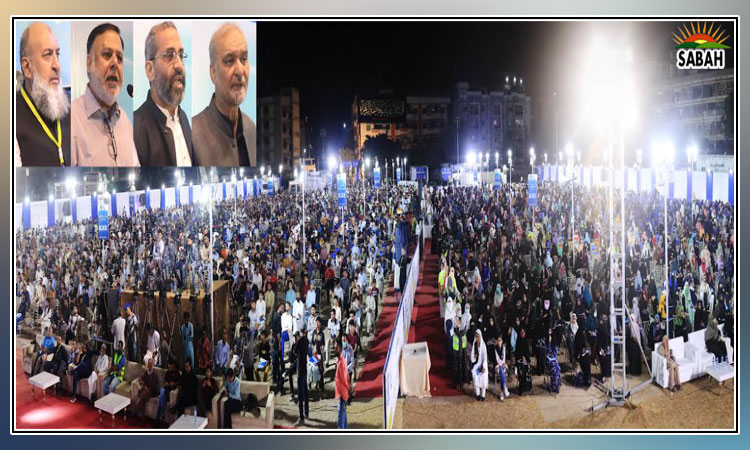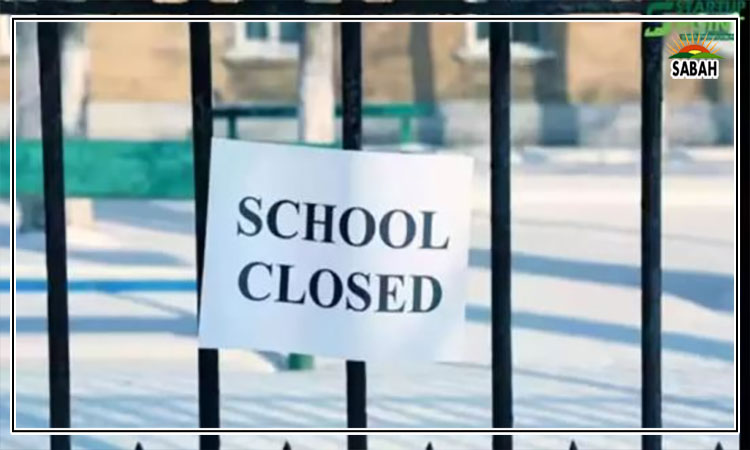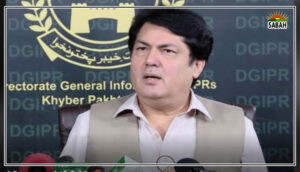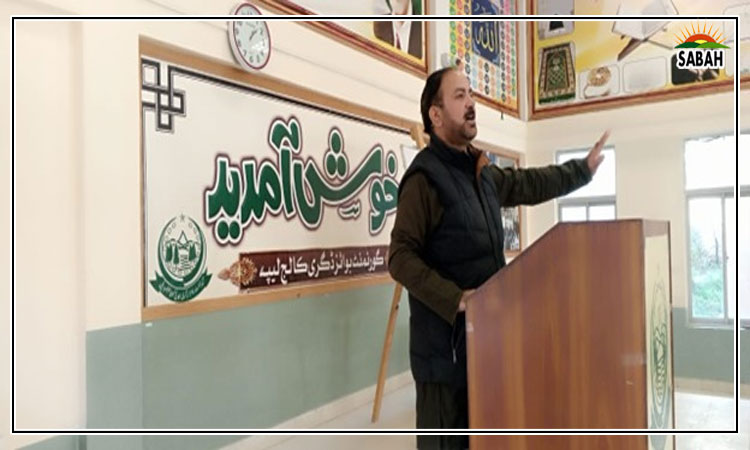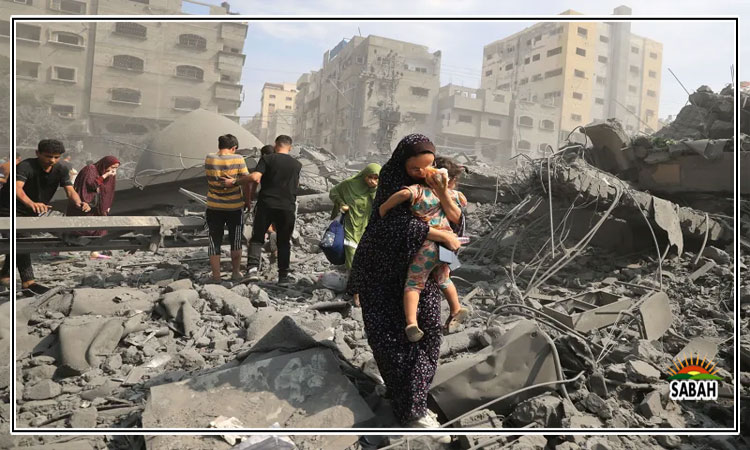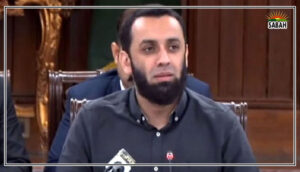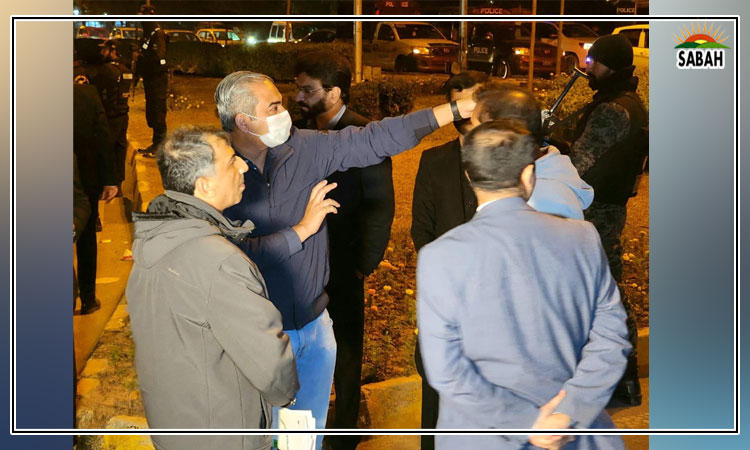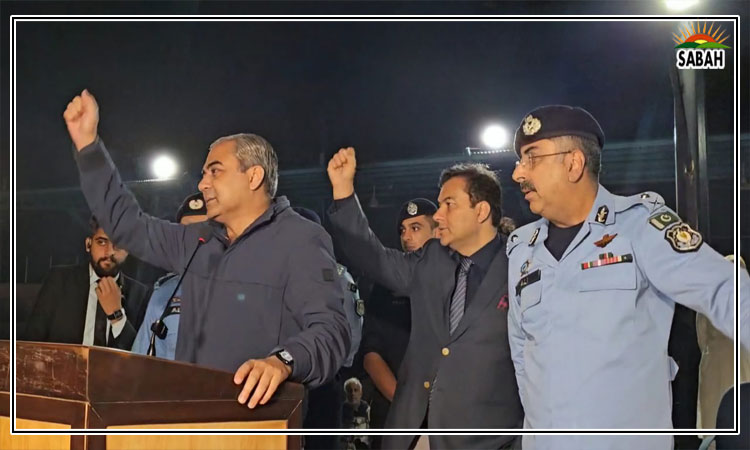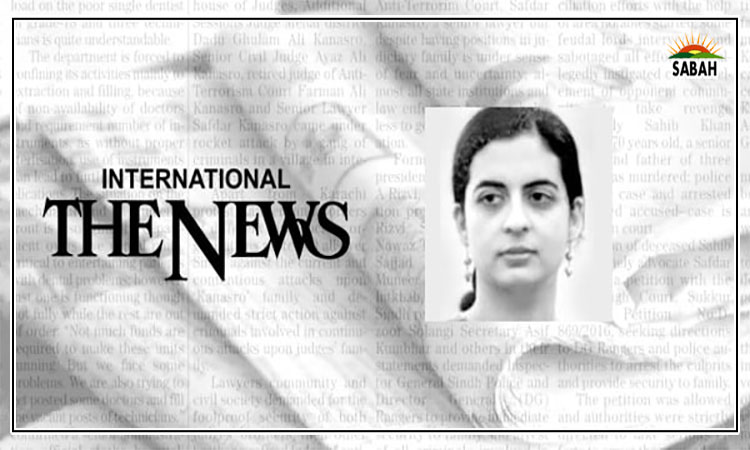Our striking divide…Kamila Hyat
We often think of our society as a homogeneous unit. This is in many ways far from reality. While the divides that run through the political space have become increasingly visible over the past decade, social divides are more subtle and harder to see.
Today, the hatred and abusive language used by supporters of one party against the other, and even leaders of some political entities, leave no doubt as to who hates whom and which way the lines of divide run.
These divides are real and quite significant. We know that our society is essentially conservative to some extent still stuck in a largely medieval age and has moved far away from the more secular vision envisaged by the founder of the country, Muhammad Ali Jinnah, who had once stated that he hoped to spend his summer holidays in the hills near Mumbai.
He himself had never imagined a border so hard that it is almost impossible today to move across it or to obtain a visa to do so. Abul Kalam Azad, the Muslim president of India and a man of established religious learning, was highly faithful and known for his knowledge of Islam. However, as far his politics went, he was secular. But there seemed to be no dichotomy in his belief as far as these two views went.
The same is true of Khan Abdul Ghaffar Khan the father of the late Abdul Wali Khan known as Bacha Khan. He was known to regularly say his prayers, but politically was a socialist and created the foundations of the ANP, a party which for a very long time held on to purely secular values and a liberal way of life.
The political divides then are visible to all. We see them on X (formerly Twitter) of course when it is functional and running and we see them in other places. In society, it is sometimes more difficult to say. We seem to see a great deal of orthodoxy around us. Some of it is created by a lack of literacy and a lack of knowledge about the world. For example, the hugely popular Turkish television series, Ertugrul, was seen as factual by its devoted audiences here. In its native Turkey, much of the audience knew that only a small proportion of the series was based on history and most of it was a work of fiction. These realities shape the nature of our society and those who live in it.
While Punjab University is seen largely as a place that is conservative and will allow none of these values to be challenged, students from the university have invited persons known for their rational and scientific views on politics to come and speak to them. In other places, the same holds true, even if university administrations bar the entry of such people.
There is also a demand from students that they be taught work that is modern and more honest. The answers are difficult to find, and the divide holds back any attempts to create a nation that is united in its belief system and which believes in itself. There is too much suspicion, too much hatred and too many differences everywhere.
Misogyny of all kinds forms a part of this. We can see it on social forums, and on every mention of the Aurat March or other events of a similar nature, comments which are both crude and make little sense appear even in a society where everyone knows that domestic violence is a reality and that at least four women are subjected to rape every day somewhere in the country.
Episodes of gang rape and rape of girls is also a factor that is now no longer hidden from society. It comes out each year in publications such as those from NGO Sahil, with details about the kind of sexual abuse small children of both genders have suffered in various places around the country.
While there is a significant number of people who hold on to conservative beliefs, leaving Pakistan as a nation that exceeds ultra-conservative Arab societies, there is of course a growing number of young persons who, through the internet and other sources, have developed a far more tolerant worldview.
These young people come not only from the elite class but also from the middle class. Indeed, even in the generation before them, persons who hold on to different views of reality can be seen in many places and are highly visible in fields such as journalism and other areas of life. There is now less room open to these persons in a society that has changed dramatically since the 1960s and 1970s.
The more liberal era where people were free to choose what to do in life rather than being forced in a certain direction like a herd of sheep has disappeared. But perhaps it can be done at some point in the future.
Podcasts and other forums on the internet urge people to adopt open thinking and to recognize the heroes of Pakistan such as Dr Abdus Salam and Malala Yousufzai. Our two Nobel laureates are of course vilified in their own country. This in itself highlights the divide that splits a nation into at least two parts with many areas falling in between these portions. But it is difficult to say in which direction we are moving.
Some of our political leaders are indeed calling for change. We see many young leaders fall in this direction. Whether they can make a real difference is difficult to say in a society where the Left is still virtually nonexistent, and much of what is open discussion in other societies has to be the whisper behind closed doors in our country.
In the future and for the generations to come, this has to change. We must be able to talk freely and openly about all issues. Otherwise, we will continue to be left further and further behind the rest of the world including other Muslim countries such as Malaysia, Indonesia, the UAE and so many others in Africa and elsewhere on the globe.
Courtesy The News


